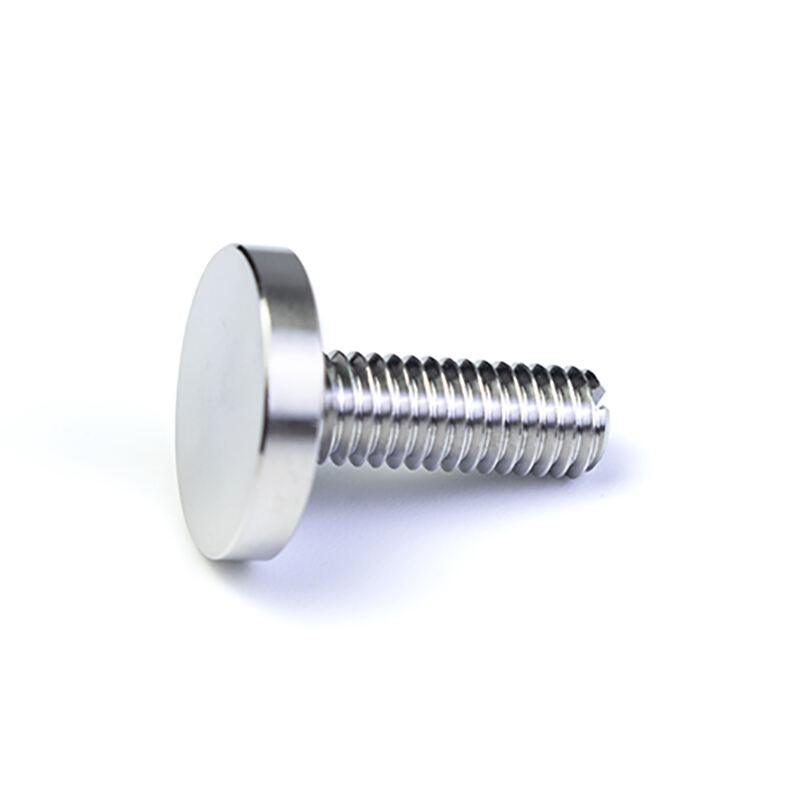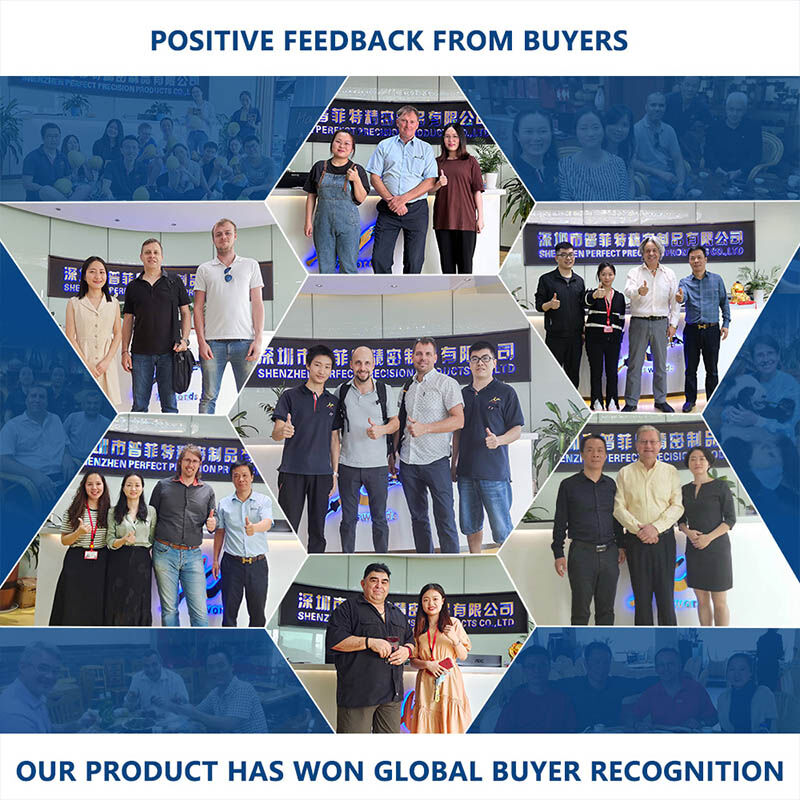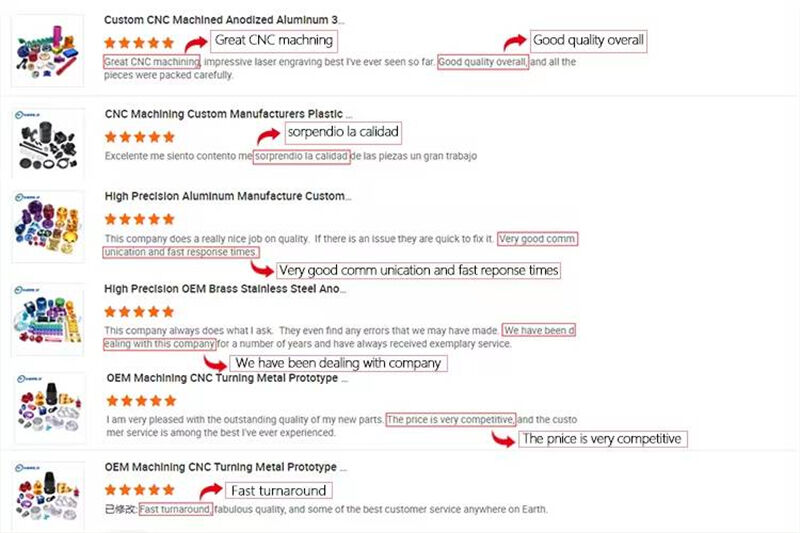Building 49, Fumin Industrial Park, Pinghu Village, Longgang District
Sunday Closed
Type:Broaching, DRILLING, Etching / Chemical Machining, Laser Machining, Milling, Other Machining Services, Turning, Wire EDM, Rapid Prototyping
Model Number:OEM
Keyword:CNC Machining Services
Material:stainless steel aluminum alloy brass metal plastic
Processing method :CNC milling
Delivery time:7-15 days
Quality:High End Quality
Certification:ISO9001:2015/ISO13485:2016
MOQ:1Pieces
In today’s fast-paced industrial landscape, precision, speed, and reliability are essential for producing high-quality components. This is where CNC machining services come into play, offering businesses across various sectors—from aerospace and automotive to medical and electronics—the ability to create complex parts with unmatched accuracy.

CNC (Computer Numerical Control) machining is a manufacturing process in which pre-programmed computer software dictates the movement of factory tools and machinery. The process can be used to control a range of complex machinery, from grinders and lathes to mills and routers. CNC machining services refer to the professional manufacturing solutions provided by machine shops or companies that specialize in using these tools to produce custom-designed parts.
These services are typically employed for both prototyping and full-scale production runs and can handle a wide array of materials, including metals (like aluminum, steel, titanium), plastics (such as ABS, polycarbonate, and nylon), and even composites.
The CNC process begins with a CAD (Computer-Aided Design) file, which is transformed into a CNC program using CAM (Computer-Aided Manufacturing) software. The machine is then set up with the appropriate tools and materials, and the CNC system precisely executes the programmed instructions to produce the part.
Milling: Uses rotating cutting tools to remove material from a workpiece.
Turning: Rotates the workpiece while a cutting tool shapes it.
Drilling: Creates holes using rotating drill bits.
EDM (Electrical Discharge Machining): Uses electrical sparks to shape hard metals.
Surface grinding and finishing: Ensures components meet exact tolerances and finishes.
l High Precision and Consistency: CNC machines operate with minimal human intervention, which reduces the risk of human error. This ensures consistent quality, even in high-volume production.
Speed and Efficiency: Once a part is programmed, the machine can produce multiple copies quickly and accurately, ideal for tight deadlines.
Complex Capabilities: CNC machining can produce intricate shapes and detailed features that would be difficult or impossible with manual machining.
Material Versatility: CNC machines can work with a broad range of materials, providing flexibility for different industries and applications.
Cost-Effective for Prototyping and Production: While initial setup costs may be higher, CNC machining becomes more cost-efficient for both short and long production runs due to its speed and accuracy.
Aerospace: Precision components for engines, structural elements, and navigation systems.
Automotive: Parts such as gearboxes, engines, and custom aftermarket components.
Medical: Surgical tools, implants, and diagnostic devices requiring exact specifications.
Electronics: Enclosures, connectors, and heat sinks for electronic assemblies.
Industrial Equipment: Custom machine parts, fixtures, and tooling.



Q:What types of CNC machining processes are available?
A:Common CNC machining processes include:
Milling: Removes material using rotating multi-point cutting tools
Turning: Spins the workpiece while a stationary tool shapes it
Drilling: Creates precise holes in a workpiece
Grinding and EDM (Electrical Discharge Machining): Used for fine finishes and hard materials
Q:What materials can CNC machines work with?
A:CNC machining can handle a broad range of materials, including:
Metals: Aluminum, steel, stainless steel, titanium, brass, copper
Plastics: ABS, nylon, PEEK, polycarbonate, Delrin
Composites and specialty alloys
Material selection depends on the application, strength, and cost requirements.
Q:How accurate are CNC machines?
A:Most CNC machines can achieve tolerances as tight as ±0.001 inches (±0.025 mm), and high-precision machines can reach even tighter tolerances based on the part design and material.
Q:Is CNC machining cost-effective for low-volume production?
A:Yes. CNC machining is often the most cost-efficient option for low to mid-volume runs, especially for parts that require precision, fast turnaround, or design changes without costly tooling.
Copyright © Shenzhen Perfect Precision Products Co., Ltd. All Rights Reserved — Privacy Policy — Blog